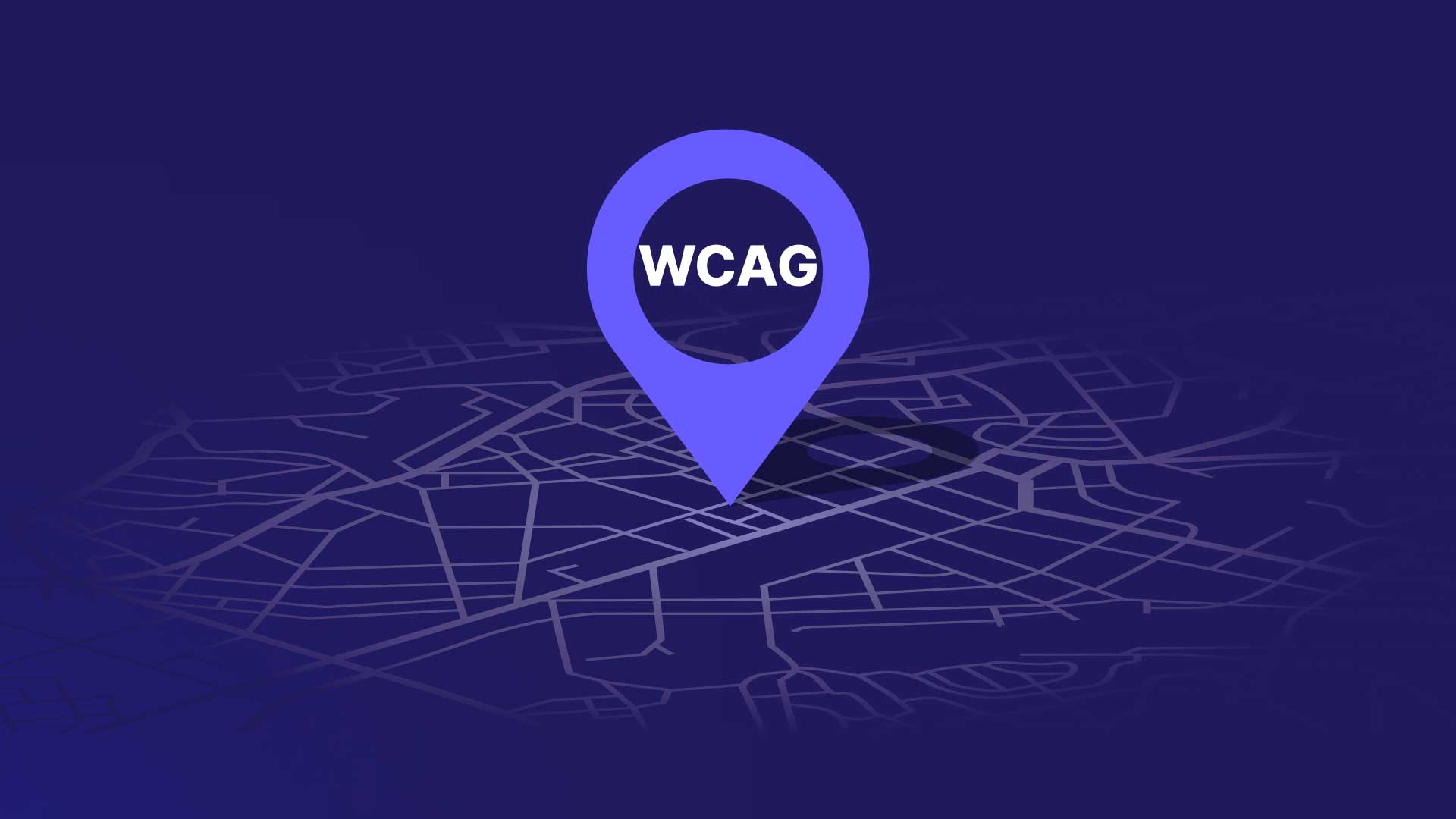The online world is now the primary way people interact with businesses, making accessibility more important than ever. Customers with disabilities face unique challenges when websites are not built to meet accessibility standards. WCAG Compliance ensures that websites are designed to remove barriers and provide equal access to all users. Without it, companies risk alienating millions of potential customers and damaging their reputation. Accessibility is not just a legal requirement but also an ethical obligation that shows respect for every individual’s right to equal participation in the digital space.
The Legal Perspective on WCAG Compliance
Over the years, legal rulings have reinforced the need for businesses to maintain accessible websites. Courts have recognized that online platforms fall under the same accessibility obligations as physical storefronts. Companies that fail to achieve WCAG Compliance may face lawsuits, financial penalties, and reputational harm. By following established guidelines, businesses demonstrate responsibility and reduce their exposure to legal action. Legal compliance also signals a proactive approach to corporate ethics, showing that the company values inclusion and fairness in all customer interactions.
Benefits of Implementing WCAG Compliance
When businesses invest in accessibility, they experience far-reaching benefits. WCAG Compliance creates opportunities to serve a larger audience, including millions of people who rely on assistive technologies. This inclusivity enhances customer satisfaction and builds loyalty among diverse audiences. Beyond accessibility, compliance also supports search engine optimization, as accessible websites are often easier for search engines to crawl and index. By focusing on accessible design, businesses can enjoy improved rankings, stronger visibility, and higher engagement rates. Accessibility becomes a driver of growth rather than just a legal safeguard.
The Role of Accessibility Experts
Achieving WCAG Compliance requires knowledge that goes beyond standard web development. Accessibility experts specialize in evaluating websites for barriers, implementing effective solutions, and maintaining ongoing compliance. Their expertise covers technical aspects such as coding standards, keyboard navigation, color contrast, and screen reader compatibility. They also provide guidance on structuring content and designing layouts that enhance usability for all users. Relying on professionals ensures a comprehensive approach that addresses both the technical and experiential sides of accessibility.
Common Accessibility Challenges
Websites often contain obstacles that prevent full participation by people with disabilities. These include missing alternative text for images, poor color contrast, inaccessible forms, and multimedia without captions. Such issues frustrate users and create exclusionary experiences. An accessibility expert identifies these weaknesses and provides practical solutions that align with WCAG Compliance. Addressing these challenges not only prevents legal issues but also strengthens the website’s overall functionality. Businesses that resolve these issues demonstrate care for their customers and create lasting trust in their brand.
Continuous Monitoring and Improvement
Accessibility is not a single step but an ongoing responsibility. As websites evolve with new content and design changes, compliance must be maintained consistently. Regular testing and monitoring are necessary to ensure that accessibility standards remain in place. Professionals use automated tools for initial checks and manual testing to evaluate real-world usability. This combined approach ensures that updates do not inadvertently introduce barriers. Committing to continuous improvement guarantees that accessibility remains a core aspect of a company’s digital strategy.
Integrating Accessibility Into Business Strategy
Accessibility should not be treated as a secondary concern but as an integral part of business planning. Building WCAG Compliance into web development processes ensures that inclusivity is considered from the start. Companies that prioritize accessibility gain a competitive edge, as they are seen as forward-thinking and socially responsible. Customers notice when a brand actively works to make their experience inclusive, and this recognition fosters loyalty and advocacy. Accessibility becomes part of the company’s identity, strengthening its position in the market and creating long-term opportunities for growth.
FAQs
What is WCAG Compliance?
WCAG Compliance refers to following the Web Content Accessibility Guidelines, which set international standards for creating accessible websites that work for people with disabilities.
Why is digital accessibility important?
Digital accessibility ensures that everyone, regardless of ability, can use websites effectively. It helps businesses expand their audience, improve usability, and meet legal obligations.
How can businesses achieve compliance?
Businesses can achieve compliance by conducting accessibility audits, fixing identified issues, and implementing ongoing testing to maintain standards. Working with experts ensures thorough results.
Does accessibility benefit all users?
Yes, accessibility improves the experience for all users, not just those with disabilities. Features like clear navigation, captions, and structured content make websites easier to use for everyone.
Are small businesses required to comply?
Yes, accessibility laws apply to businesses of all sizes. Small companies face the same risks as large corporations if they fail to comply with accessibility requirements.
How often should compliance be checked?
Websites should be tested regularly, particularly after adding new content or design updates. Continuous monitoring ensures that accessibility remains consistent over time.
Conclusion
Making websites accessible is both a responsibility and an opportunity for growth. By prioritizing WCAG Compliance, businesses protect themselves from legal risks, improve usability, and expand their customer base. Accessibility is an investment in inclusivity that builds long-term trust and strengthens brand reputation. If your company is ready to embrace accessibility and ensure compliance, Contact us today to take the next step. With the support of a trusted partner like EcomBack, achieving accessibility becomes a smooth process that delivers lasting results.

